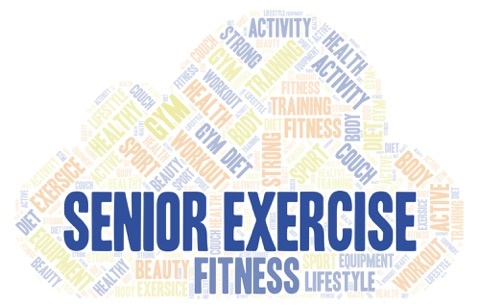
Wellness Programs

Personal Training
Transform your fitness journey with our in-home experts. We specialize in innovative and tailored exercises, focusing on core and functional training. Your personal fitness goals are our priority; every session is designed to empower you.
*Session Lengths:** Choose from invigorating 60-minute sessions. Minimum commitment twice a week
The myriad benefits of staying active include:
– Revving up a slowing metabolism to help you maintain a healthy weight
– Building strength and stamina that enriches daily life
– Protecting against bone mass loss to keep you strong
– Enhancing balance and coordination to minimize the risk of falls
– Easing arthritis symptoms for greater comfort in movement
– Lifting your mood and reducing anxiety, creating a brighter outlook
– Improving the quality of your sleep for restorative rest
– Keeping your brain engaged, which helps ward off memory loss and even dementia

Senior and Post Physical Therapy Programs
Elevate your wellness after physical therapy with our dedicated support! We focus on maintaining your fitness and helping you tackle new challenges. We aim to enhance your health, boost your stability, and strengthen your overall wellness.
*Session Lengths:** Choose from 30-60-minute sessions. Minimum commitment twice a week
The myriad benefits of staying active include:
– Revving up a slowing metabolism to help you maintain a healthy weight
– Building strength and stamina that enriches daily life
– Protecting against bone mass loss to keep you strong
– Enhancing balance and coordination to minimize the risk of falls
– Easing arthritis symptoms for greater comfort in movement
– Lifting your mood and reducing anxiety, creating a brighter outlook
– Improving the quality of your sleep for restorative rest
– Keeping your brain engaged, which helps ward off memory loss and even dementia
At eightlimfit, we take pride in our role as Personal Trainers. We’re here to assess your unique health history and current fitness levels, crafting a personalized fitness program that is safe, effective, age-appropriate, and, most importantly, enjoyable—all from the intimate comfort of your own home.
Join us for invigorating 30 or 60-minute sessions, and let’s embark on this journey to health and vitality together!helps to prevent memory loss and even dementia.
As Personal Trainers, our job at eightlimfit is to assess your health history and current fitness to develop a safe, effective, age-appropriate, and enjoyable fitness program to meet your goals. And all in your own home.
30/60 minute sessions- Minimum commitment twice a week.

Life Coaching
Engaging in one-on-one coaching sessions assists individuals in recognizing the patterns and habits that contribute to the challenges they encounter. Clients develop self-awareness and gain an understanding of their reactions, responses, and behaviors. Through practical tools, coaching facilitates the creation of a straightforward plan to organize essential aspects of life, including career, family, health, and relationships. This process ultimately fosters a sense of peace and harmony.
The support of an external individual can often be transformative. As clients share their narratives, a coach offers unbiased encouragement and guidance, enabling them to push beyond their perceived limitations and realize their true potential.
Mishell provides coaching services in grief, health, relationships, career, and spirituality. Clients are served worldwide through various platforms, including Face-time, Skype, and Zoom.
Sessions are available in two formats, 60-minute and 90-minute, tailored
Grief Coaching
Are you having trouble reconnecting with the parts of your life that once brought you happiness? After losing someone close, friends and family often see you only as someone who is grieving, which can hinder your healing and complicate your relationships. The constant sympathy may also blur your internal cues—those instincts that help you find balance and joy during tough times.
How Can a Grief Coach Help?
As your grief coach, I’ll help you reconnect with your strengths and energy, providing coping strategies and resources that add meaning to your life. I offer a judgment-free space to explore your feelings and any barriers to healing. Together, we’ll identify actionable steps to restore energy to your life at your own pace.
How Does Coaching Differ from Therapy?
While therapy focuses on healing past pain and conflict, life coaching is action-oriented and does not involve diagnosing mental health issues. We start from where you are now and use practical strategies to work towards your future goals.
60/90 minute sessions available

Contemplative Care
Amid human suffering, the spiritual dimension often goes unnoticed, as do the heartfelt desires of patients seeking wholeness and healing. This practice uniquely honors these profound aspects of the patient experience, offering invaluable support to patients, their families, and healthcare providers.
Cutting-edge neuroscience research has illuminated the transformative power of meditation and mindfulness-based techniques, showing their remarkable effectiveness in fostering patient healing and nurturing caregiver well-being. Consequently, palliative and end-of-life care teams are increasingly embracing these nurturing practices.
From a Buddhist perspective, contemplative care presents an exquisite opportunity for healthcare professionals eager to incorporate meditative practices into their approach and for family members wishing to embark on the rewarding journey of care giving.
Bookings by appointment for as long as needed
